Investigator "finds no evidence" in organ trafficking probe
EU mission in Kosovo, EULEX, Prosecutor Clint Williamson says his team has not yet found enough evidence to raise an indictment for organ trafficking in Kosovo.
Tuesday, 29.07.2014.
10:20

Investigator "finds no evidence" in organ trafficking probe
"There was not enough evidence, but that does not mean there will not be," he said. Williamson added that "a handful" cases of organ trafficking had been determined."When I say a handful, I mean less than ten. I talked to Dick Marty and the information that we have is in line with what he collected," said Williamson.
He continued to say that "some KLA leaders" will still face charges for persecution of Serbs - but only when a special court for war crimes in Kosovo is formed. Previously, it was reported that the court would be located in Kosovo, but according to the media, "it is now increasingly likely that it will be in The Hague."
"The special team came to indisputable evidence against some former KLA leaders," said Williamson, adding that these individuals were at the top of the KLA. This was his response when asked whether some of them were now politicians. Williamson added that he would not give any more details on this.
The prosecutor complained of witness intimidation, and praised the cooperation between of "Serbia, Albania, Montenegro, and some government officials in Priština, as well as some NGOs, (Serbian) Prosecutor Vladimir Vukčević, and the Serbian War Crimes Prosecution, as well as organizations for missing persons."
"While a handful of powerful people are trying to stop the investigation, the price will be paid by the rule of law, this leaves a dark cloud over the entire Kosovo," Williamson was quoted as saying.
He stated, and repeated several times, that all of his team's discoveries were "consistent" with the report filed in late 2010 by then CoE rapporteur Dick Marty, that is - that the validity of the charges has not been rejected, but that there was "no evidence to prosecute for trafficking in organs."
"We do not have a lot of additional information that would shed light on what happened to the people, the search for these will remain an important task for us. The EU team will continue to investigate organ trafficking in Kosovo, but at the moment I cannot say that there is strong evidence that this happened," said Williamson.
Recalling that Marty's report speaks of torture "generally of non-Albanians," Williamson said his team did not come up with evidence that more people and a larger number of non-Albanians have been the victim.
He said that reports that hundreds of people were exposed to forced organ extraction was "not in line" with what his team learned, but added that "the cruelty of the crime is not diminished" even if it concerned just one victim.
"We are in a legal situation without precedent, because the team has the power to indict, but we do not have a court," he said, expressing disappointment that the formation of such a court was delayed.
Williamson pointed out that his team had a very difficult task because it dealt with crimes committed 15 years ago "in several countries."
"During that time, many witnesses have died and some are too frail," he said.
"The court will have its statute and its rules, which will be based on the Kosovo law, but will include what is common in international humanitarian law. The staff will be international experts, lawyers and judges... Negotiations are still in progress with a country and I cannot says where the court will be located," he said.
When asked why these crimes are not tried "before the ICC in The Hague," he said that since the Kumanovo Agreement, signed at the end of the Kosovo war in 1999, the Hague court had no jurisdiction and that therefore a special court is being established.
Williamson said he believes he will be able to charge "some KLA leaders for their participation in the persecution of ethnic Serbs."
"What happened after the war in Kosovo was a brutal attack on Serbs who wanted to stay, they were mostly old and sick, but also against Albanians who were opposed," said he.
Asked whether he found that KLA's Drenica Group was involved in the crimes, said he would not disclose any details about it, and reiterated that the findings were consistent with the Marty report.
"As our investigation progressed, the climate of intimidation has been ever more present," he said and blamed unnamed "Kosovo strongmen" for obstructing justice.
Adding that his team worked in "all the territories included in the Marty report, Kosovo and Albania," he specified that they found that after June 1999, i.e., the end of the war, "some 470 people went missing, 370 of them Serbs," while there were also "some 500" persons who were murdered.
"I have no information to support the claim that every Serb who was kidnapped was a victim of organ trafficking," he said, adding that there was "no place for exaggerations."
Williamson then noted that he spoke with the families of the missing. "They were crying, they imagine that every person who disappeared was exposed to the removal of organs, we have no evidence for it," said he.
"The government of Serbia has done a lot to make our work easier, and did not interfere with the independence of the investigation," he concluded, adding that his mandate would expire on August 23. Earlier on Tuesday, Williamson's spokesman for Joao Souza announced that the prosecutor would publish his statement at in the seat of the EU Council of Ministers, and that it would relate to "the findings of the nearly three-year investigation of the Special Investigation Team of EULEX," and then answer questions from journalists.
Souza told the Belgrade-based daily Danas that the report was expanded to cover not only the organ trafficking, as the special team during the investigation learned about other crimes committed in Kosovo.
Albanian language media in Priština reported previously that there was insufficient evidence to bring charges of organ trafficking, and that only about a dozen former members of the so-called Kosovo Liberation Army (KLA) would be accused of other crimes.
The Danas newspaper also quoted a source who "dealt with war crimes before the Hague Tribunal" as saying that organ trafficking "undoubtedly" happened in Kosovo but that such crimes are "difficult to prove."
"It is enough to look at the report of Dick Marty, which clearly indicates the existence of those crimes. However, they are difficult to prove, primarily because there are no witnesses. If some are found, they will not speak out of fear, or they will change their statements, which was often the case with testimonies before the Tribunal in The Hague," said the source.
The Marty report, adopted in January 2011 by the Parliamentary Assembly of the Council of Europe, marks as the perpetrators of the killings and organ harvesting from prisoners, mainly kidnapped Serbs and some Albanians, the members of the KLA "Drenica Group" - led at the time by current Prime Minister of Kosovo Hashim Thaci.
European diplomatic sources in Brussels told the Beta news agency that it will "probably be hard to confirm Thaci's direct responsibility for the crime of organ trafficking" through the findings of the investigation, but that "some other former leading members of the KLA could be classified as direct perpetrators."
Marty, a former Swiss senator who has retired from the Council of Europe, once said that he did not mark Thaci as a direct perpetrator of the crime of organ trafficking in his report, but stressed that it was "very hard to believe that never heard or knew anything about it."
The report names as persons with direct knowledge or involvement in the atrocities Thaci's associates Xhavit Haliti, Shaip Muja, Kadri Veseli, and Fatmir Limaj.
Former Chief Hague Prosecutor Carla del Ponte was the first to speak about the crime of trade in organs of murdered Serbs and mentioned in her 2008 book a location in northern Albania, at the time a yellow-painted house, where prisoners were allegedly held before their organs were extracted. The case is known as "the Yellow House case" in Serbia for this reason.
Subsequently a previously hidden UN report was disclosed confirming the findings of Marty, who in his document and in the PACE resolution states that "what we have discovered, is not at all unknown: relevant reports of intelligence services and the police have long ago disclosed and provided insight into the facts."
Williamson was in Priština and Belgrade last week where he met with top officials, and with Serbian War Crimes Prosecutor Vladimir Vukčević, who said afterwards that his office was "satisfied with the conversation" because, as he put it "proved what we claimed from the beginning."
"I expect that, based on the testimony of over 400 witnesses, the head of the EU special team, Clint Williamson, has collected enough data on the crimes committed from 1998 until 2000 against the Serb and other non-Albanian victims, for which no one has been held accountable."
After the Marty report was published and the PACE resolution adopted, Serbian authorities asked that an international investigation be conducted by an international court under the UN auspices, but the European Union decided to form a special investigation team as part of its mission in Kosovo, EULEX, with its activities mainly taking place in Brussels.











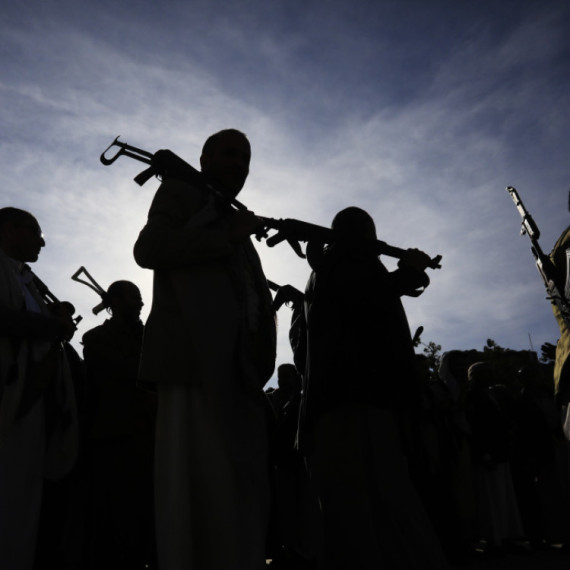
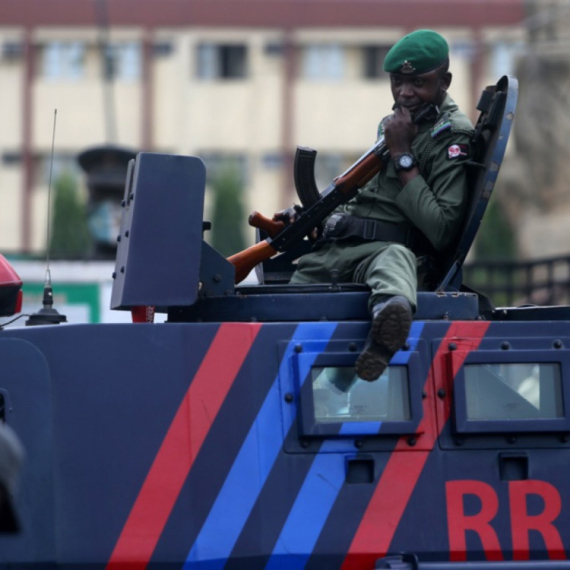
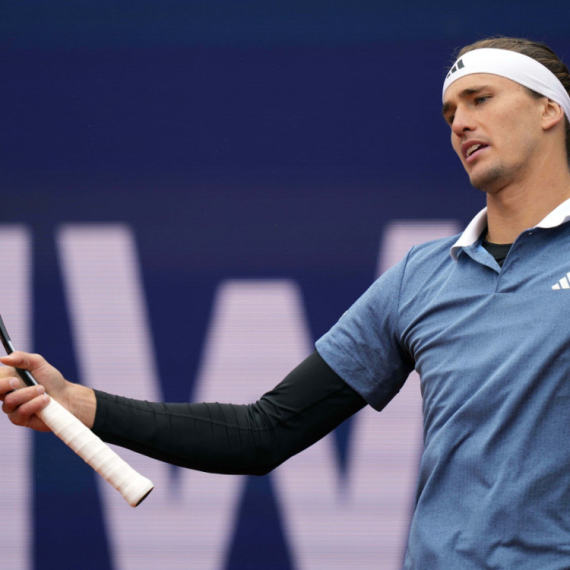


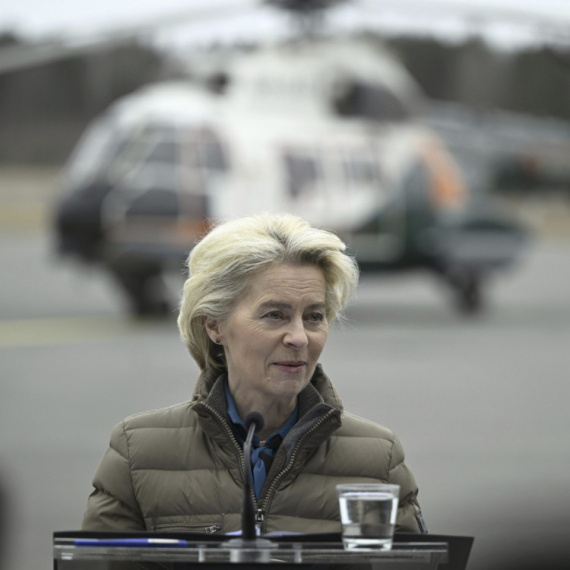
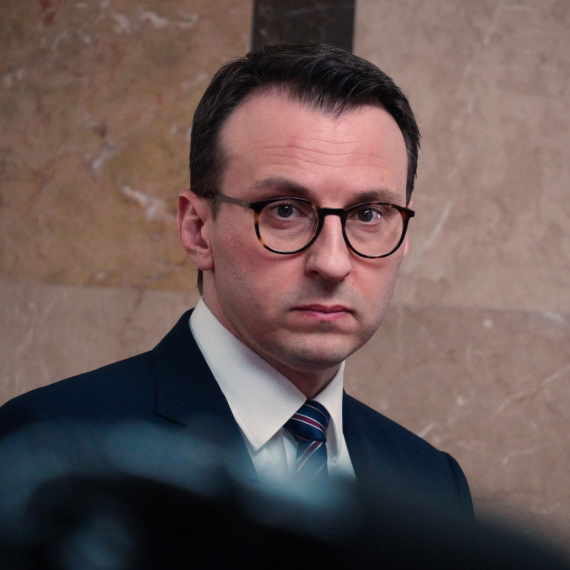
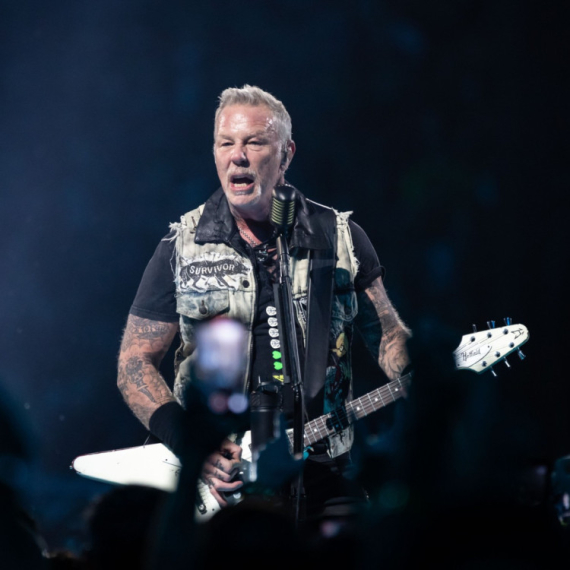
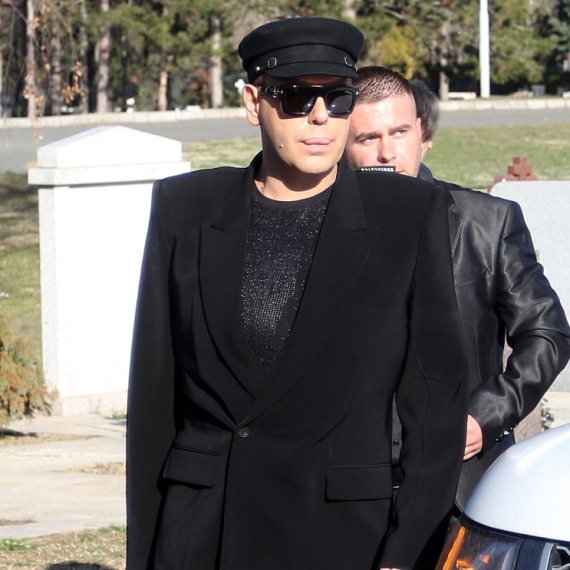

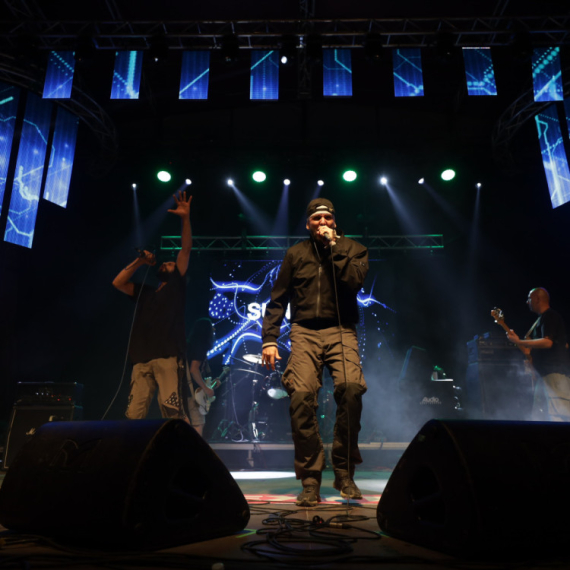


























Komentari 69
Pogledaj komentare